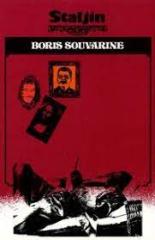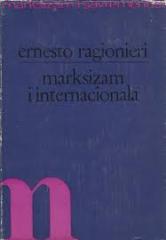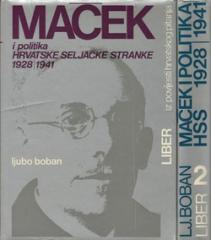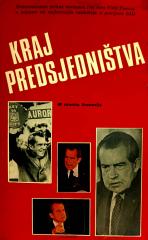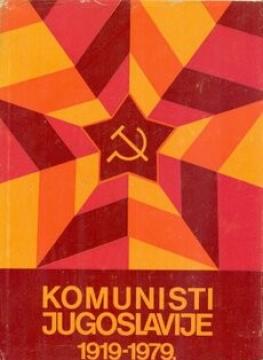
Komunisti Jugoslavije 1919-1979.
The book provides an overview of the history of the Communist Party of Yugoslavia (KPJ) from its founding to the late 1970s, emphasizing its role in the revolution, self-government, and construction of Yugoslavia, with an ideologically colored perspective
The work describes in detail the formation of the KPJ in 1919 as the Socialist Workers' Party of Yugoslavia (communists) at the Congress in Belgrade, its struggle during the illegality in the Kingdom of Yugoslavia, its role in the People's Liberation War (NOB) from 1941 to 1945, and its transformation into the SKJ in 1952 under the leadership of Josip Broz Tito.
The authors emphasize key phases: from early conflicts with the authorities, through the 1920 ban (Obznań) and repression, to the organization of an armed uprising against the occupiers in World War II. The conflicts with the Comintern and the split with Stalin in 1948 are highlighted, which led to the development of a specific Yugoslav model of socialism - self-management. The book also analyzes internal factional struggles, especially between the left and the right, and the role of the KPJ/SKJ in the construction of socialist Yugoslavia, including economic and social reforms.
Written from the perspective of official historiography, the book celebrates the achievements of the Communist Party of Yugoslavia but avoids a deeper critique of the crimes and repression. It is intended for a wider audience and experts, providing a chronology of key events, such as the founding of republican parties and the conflict with the Informbiro.
One copy is available
- Slight damage to the dust jacket
